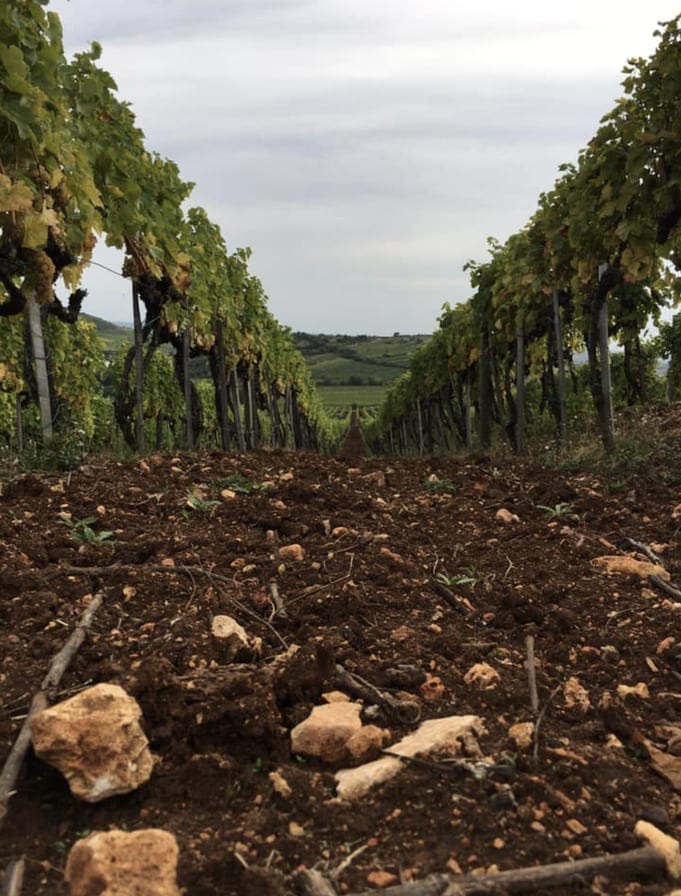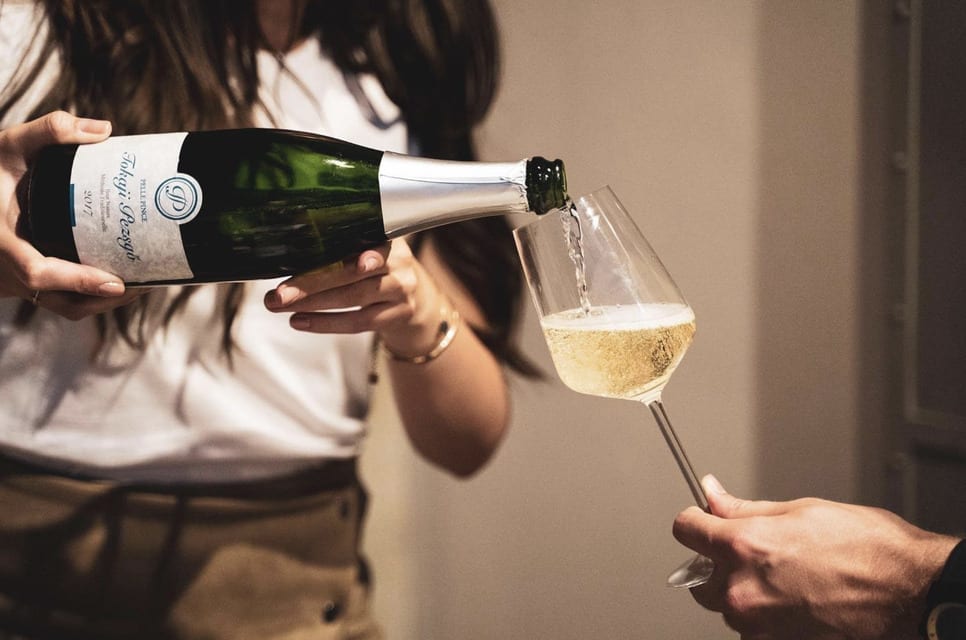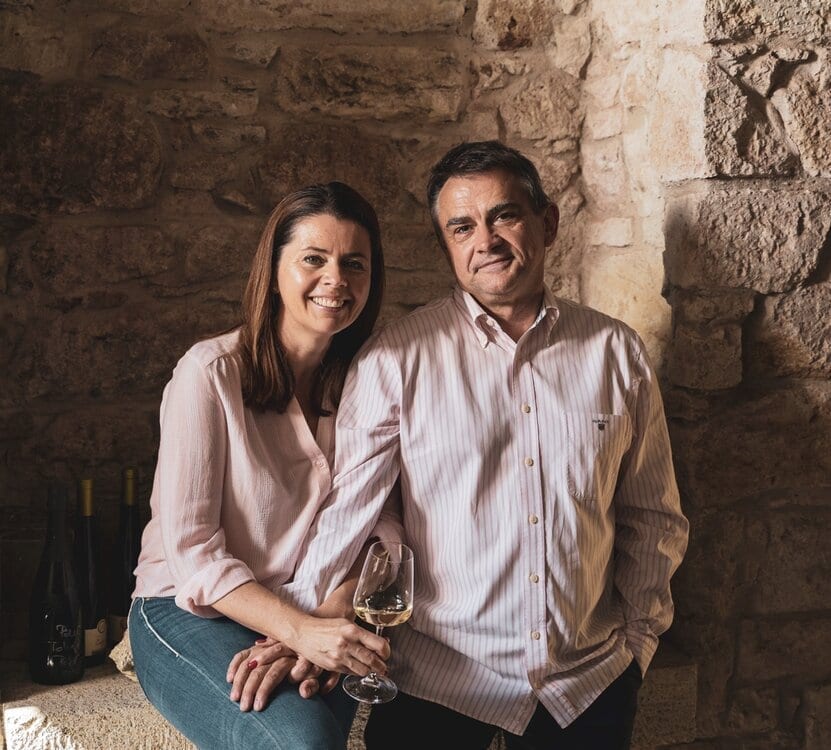The hidden secrets of a micro-winery. After living in several remote locations around the world, such as the Middle East,...
The hidden secrets of a micro-winery.
After living in several remote locations around the world, such as the Middle East, Asia, Pacific and Eastern Europe, Mr Pelle has been internationally exposed and perceives wine consumption as a key component of hospitality.
Because of some relatives that cultivate wine for self-use, Mr Pelle was motivated by tradition and heritage to start his own family winery in the most famous Hungarian wine-growing region (worldwide known) of Tokaji in 2007.
“Since 1640, earlier than any other French region, Tokaji has been in operational control”
Wines are the most portable food elements of the hospitality industry, but they are also essential in tying cultures together. Drinking a good quality wine gives you a WOW feeling! Wine has an essential impact on building cultures and making memories. My family and I want to provide this to our clients.

Why Ecological wine goes hand in hand with Quality wine.
“If you are careful of what you eat, why would you not be careful with what you drink?”
Although the process of producing wine ecologically is 50% more expensive than regular wine, Mr Pelle outlines it as a necessary and relatively small investment. Mr Pelle continues explaining agriculture as being one of the most contaminating economics in the world. And ask yourself, wouldn’t we be cautious for our future consumers? The cost of protecting the vineyard is not significant to the price of the wine. With a little investment and a lot of caution and care, you can produce a much healthier product for your customer. With the investments made and experience gathered over the several years, Mr Pelle can now support the full chain of winemaking from seeding to bottling on-premises, leading him to produce a higher quality, broader, better and more expensive selection of wines.
“This quality of wines is set to attract consciously educated customers that are interested in the history and culture of the winery”.
Advice from Mr Pelle to aspiring Winemakers.
As for giving advice, there needs to be understood that as for starting/maintaining and/or taking over an existing winery, there could be written multiple books with advice. But two of the most important ones to Mr Pelle are:
- You need to invest in a reasonably sized business so that the revenue made is enough to cover the costs and make a profit from the winery. This will enable you to dedicate your time and passion to the profession.
- If you’re young and lack resources, educate yourself!
Young entrepreneurs first need to study at an agricultural university as a winemaker or analogous. The best step is to work for large wine owners all over the world. Think about France, Spain, Italy and the US to collect experiences from the regions and learn about different areas and terroirs whilst earning some seeding money.

Taking over the 3 parts of the triangle to stay competitive as a micro-winery
As for the first 7 years, the winery focused on producing boutique, high-quality single vineyard vines (top of the pyramid). Over 80% of their wines were sold to only a few selected high-quality restaurants, including Michelin star locations in Budapest. Hence, investing in retail marketing at an early stage was not necessary.
In the following 5 years, the winery could increase production, whereas they have focused on widening the range of products, and started producing bistro quality wines (medium layer of the pyramid). This wine is of good quality, but it does not have the care and intensity of boutique wines. This resulted in the winery increasing its yield of bottles per year, whilst bringing a larger audience to its wines.
In the 5 years thereafter, the winery is expanding in between the top and medium parts of the pyramid by investing in sparkling equipment to make sparkling wine. The investment made by Mr Pelle has allowed him to cater to surrounding micro-vineyards to process their still wine into sparkling wines.
With Covid-19 leading, many hospitality businesses receive little to no revenue, Mr Pelle sees the opportunity to invest in the future.
“With or without, I need to plant and produce my wine anyway. I see my growing reserves as a future investment to both my customers and the family vineyard”.
http://www.gastvrijheidscoach.nl
Author: Max Thelander
Date of Interview: 24.02.2020







